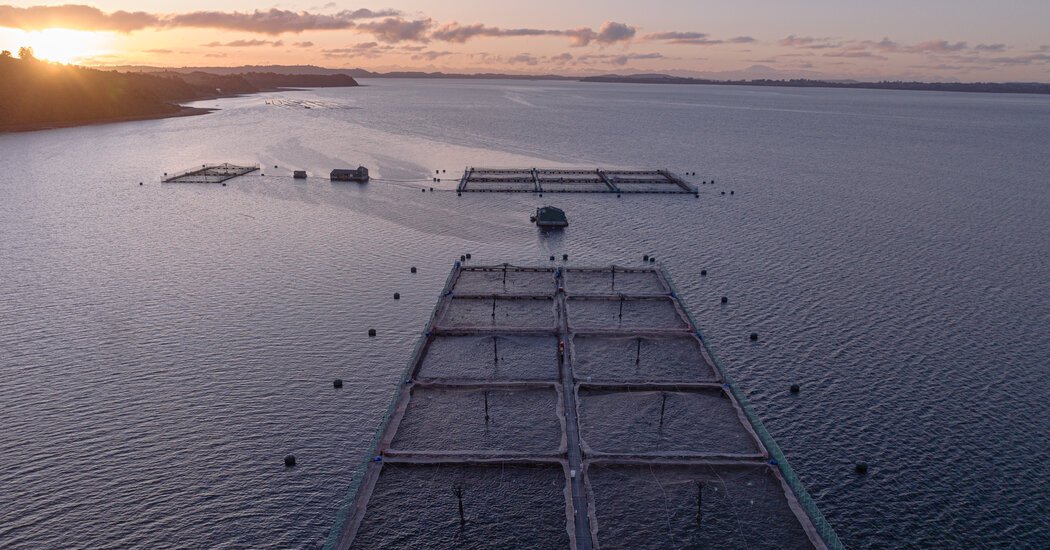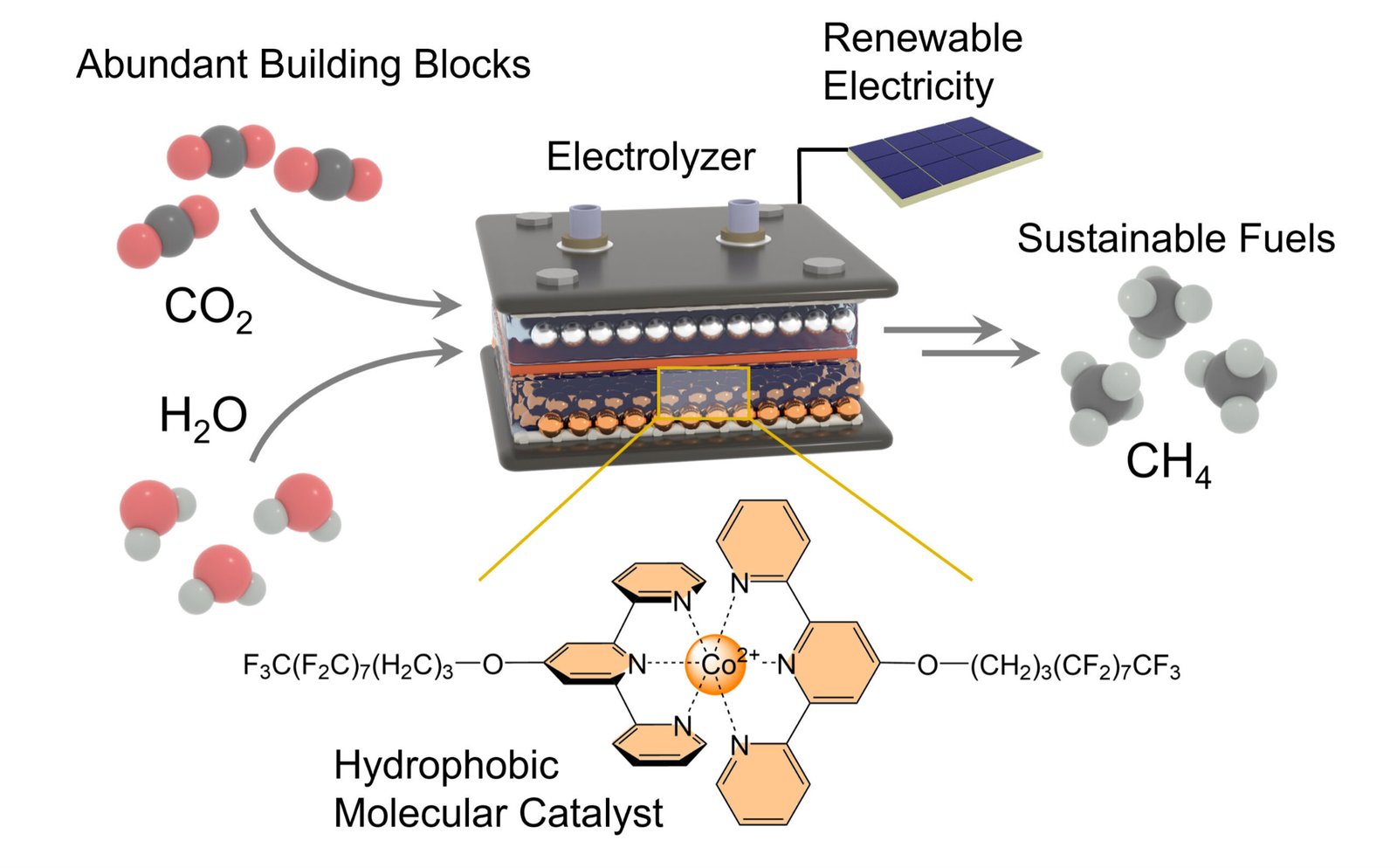In April, a report for the United Nations called salmon farming “one of the main threats to the environment” in Patagonia. David R. Boyd, an associate professor at the University of British Columbia who prepared the U.N. report, recommended suspending “the expansion of salmon aquaculture pending independent scientific analysis of adverse environmental impacts” — a call that the industry rejected.
Arturo Clément, the president of the industry association, SalmonChile, acknowledged that, in the past, the sector had “made mistakes and we still have much room for improvement.” Over the last 40 years, salmon farming has developed into a “vital industry” for southern Chile, he said. “We are convinced that it is possible to make environmental care compatible with economic development.”
Mr. Antezana does not share that optimism. It’s hard to assess the extent of the damage to Chile’s coastal ecosystems, he said, because base-line studies that would monitor the effects of salmon farming on aquaculture have never been done. “I mean this is the Wild West,” he said.
Most Chilean salmon farms routinely treat fish with antibiotics and pesticides to prevent infection from outbreaks of illnesses including Piscirickettsiosis and infectious salmon anemia. According to Sernapesca, Chile’s national fisheries agency, more than 338 metric tons of antibiotics were reportedly used in Chilean salmon farms in 2023. That’s a significant decrease from several years ago, but far higher than the industry’s goals for reducing use. In contrast, Norway, the world’s largest producer of farmed salmon, reported using essentially no antibiotics the same year.
The rise of antibiotic resistance has been recognized by the World Health Organization as a serious threat to global public health. Aquaculture, including salmon farming, is a contributor, said Dr. Felipe Cabello, a professor of microbiology and immunology at New York Medical College.
Because of strict quarantine and testing protocols, however, Chilean salmon contains virtually no antibiotic residue when it lands in U.S. supermarkets. Chile and the United States test Chilean salmon meat for antibiotics, but Dr. Cabello said that neither tests the samples for bacteria, which could pose a public health risk.



